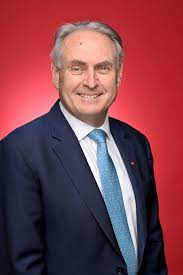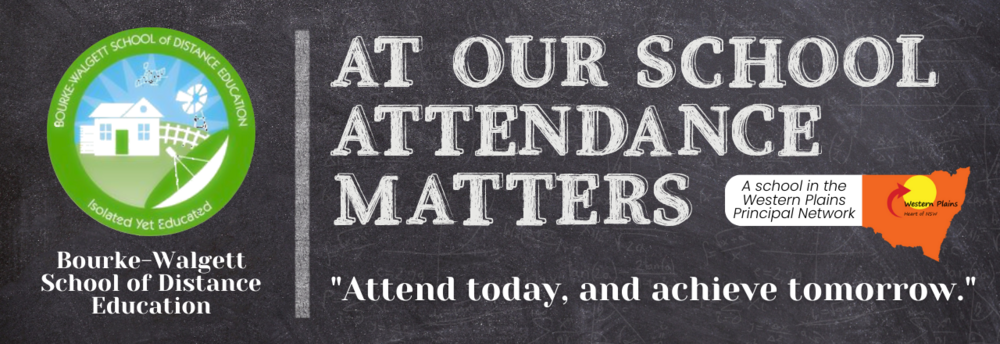"Sub-Standard": Why the National Farmers Federation backed EU deal rejection
Luke Williams
18 July 2023, 3:40 AM
 Image: Australian Butcher's Guild.
Image: Australian Butcher's Guild. It could have been a boon for our region's beef, dairy, and sheep producers - but the world's second-largest market will continue to prop up its industry against our exporters with tariffs after the Australia-European Union deal stalled again five years into negotiation at the end of last week.
The National Farmers Federation (NFF) has backed Australia's refusal to agree with the EU's terms calling the "critically important" deal "sub-standard" on its current terms.
NFF's President Tony Mahar traveled to Brussels along with Australia's trade minister Don Farrell and ultimately supported the government's position.
The NFF was concerned with two broad terms of the agreement - so-called geographic indicators where the name of a food or beverage links that product to a region. The EU has published a list of 172 foods and 236 beverages that it is seeking to protect as GIs in Australia.
"If the Federal Government conceded these demands, Australian farmers would no longer be able to produce Parmigiano Reggiano, Feta or Scotch Beef," the NFF said in a statement.
Mahar also pointed to a bill passed by the European Parliament in 2022 which would stop any goods produced in areas deforested in areas after January 2020 would be banned from export.
"Australian negotiators must continue to hold the line to ensure a fair and commercially meaningful deal with the EU," the NFF said in a statement.

Tony Mahar. Image: NFF
"This was always going to be a tough negotiation. Fair access to the EU market is something the farm sector has sought for decades".
The Australia-EU trading relationship is Australia's second-largest, and the EU is Australia's second-largest destination for goods exports. Currently, a trade deficit of about $38 billion exists, and the NFF says the "EU's barriers to agricultural imports are notoriously prohibitive. The average EU tariff on agricultural imports is 14.2%. This is much higher than the average tariff on non-agricultural products, which is just 4.2%".
"The EU also maintains 142 tariff-rate quotas (TRQs) for agricultural products - a major frustration for Australia's exporters. Dairy faces the highest average tariff, at 32.3%. Sugar and meat are not far behind, at 27% and 19% respectively. By some estimates, the EU's agricultural imports would be $31 billion (AUD) higher if these tariffs were eliminated".
The NFF has said it is competing with the US and Canada for access to the EU market, and currently its quota is lower than what is allowed for these competitor countries. It wants around a ten-time increase in the amount of beef exports currently being allowed into the EU under the current trade restrictions.
More than 70% of Australia's farm production is exported. Australia is also the world's largest sheep exporter and exports 57% of its lamb production and 92% of its mutton production respectively. Australia exports just over 5,000 tonnes of lamb to the EU under current restrictions compared to New Zealand which has around 160,000 tonnes.
"We want this allocation shared around a bit more" Mahar told ABC News 24 suggesting a ten-fold increase "would be a good start".
A European Commission representative said in a statement progress had been made on the free trade agreement, but "more work is required to address key outstanding issues."
"We regret it was not possible to conclude our talks with Australia this week," it read.
The Commission was simply not willing to end as many tariffs as the Australian government was requesting.

Don Farrell. Image: Australian Parliament.
Treasurer Jim Chalmers said the government was committed to securing a deal.
"This is a big market for our exporters, our farmers, and workers," he told reporters in Melbourne on Wednesday. "We want a good deal here, but it cannot be a deal at any cost.
"If it takes a bit longer to strike a deal which is in Australia's national interest, then so be it.
"While we appreciate the years of hard work that has brought us to this point, and it would be a shame to see that wasted – we are better to walk away than to agree a dud deal," Mahar said in a statement.
"We've made that point clearly to Minister Farrell here in Brussels. We've said to walk away from any deal that doesn't make good business sense. We'd rather this take a few extra months if necessary".
Negotiations will continue again next month.




